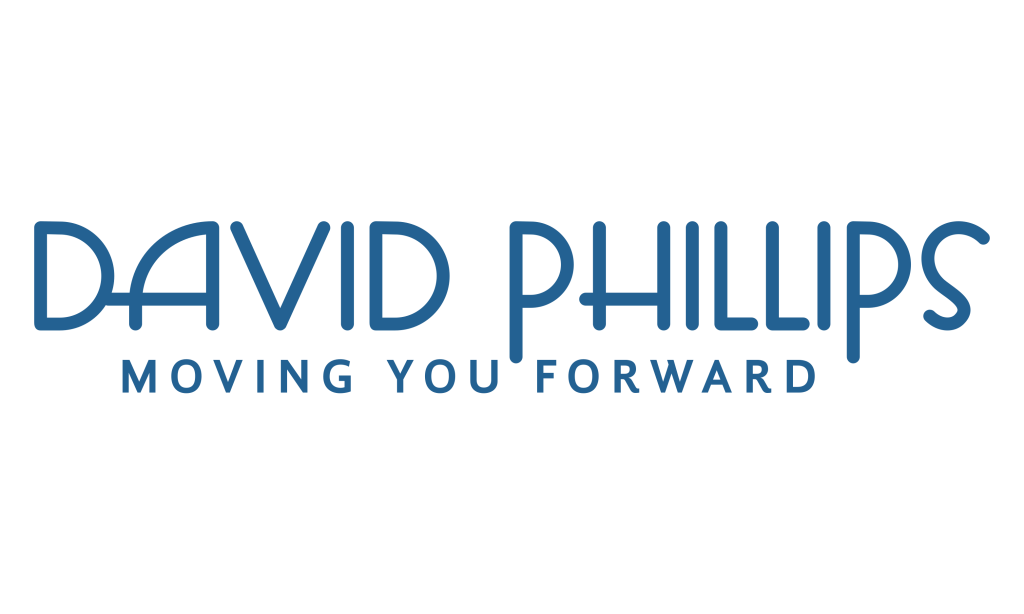
Courage and Eleanor Roosevelt: Discover How to Follow Your Heart Even When Criticized
“`html
The Power of Courage in Leadership
Imagine standing alone at the edge of a cliff, the wind roaring around you, and deciding to take that leap of faith. This is a moment that tests one’s courage, a trait often misunderstood yet crucial for effective leadership. Contrary to popular belief, courage isn’t just about grand heroic acts; it’s about the everyday decisions that define us.
The Power of Following Your Heart
Following your heart requires authenticity and self-trust, essential elements for any leader striving to inspire others. Take the example of Sara Blakely, the founder of Spanx, who trusted her unique vision despite widespread skepticism. Her individuality and personal conviction fueled her journey, demonstrating that true courage involves staying true to oneself.
When leaders follow their heart, they foster an environment of self-expression and originality within their teams. This not only boosts morale but also encourages innovative thinking. According to a study by Harvard Business Review, teams that value individual input are 17% more productive.
Moreover, following your heart aligns your actions with your personal values, creating a strong moral compass. This alignment builds trust and respect among team members, essential for effective leadership.
Handling Criticism Constructively
Criticism is inevitable, but how leaders handle it speaks volumes about their resilience and courage of convictions. Instead of shying away, courageous leaders use feedback as a tool for growth. For instance, Oprah Winfrey faced numerous setbacks before achieving success, using each criticism to refine her approach.
Constructive handling of criticism involves maintaining self-confidence and self-reliance. Leaders should listen actively, seek the truth in the feedback, and apply necessary changes without compromising their personal values.
Building this resilience requires a mindset shift. Embracing criticism as a pathway to improvement fosters determination and perseverance, essential traits for long-term success.
Aligning Actions with Personal Values
Aligning actions with personal values is at the heart of integrity. Leaders who demonstrate this alignment set a powerful example for their teams. Consider Elon Musk, whose commitment to sustainable energy drives his ventures like Tesla and SolarCity.
When actions reflect personal values, it enhances self-determination and solidifies self-belief. This consistency builds credibility and trust, crucial for effective leadership.
Moreover, aligning actions with values prevents burnout and promotes steadfastness. Leaders remain focused and motivated, even in challenging times, because they are guided by their core beliefs.
Overcoming Fear of Judgment
The fear of judgment can paralyze even the most capable leaders. Overcoming this fear requires bravery and a strong inner voice. Leaders like Malala Yousafzai demonstrate how confronting criticism head-on can lead to significant change.
To overcome this fear, leaders must develop self-trust and rely on their inner guidance. Building self-confidence through small, consistent actions can gradually diminish the fear of external judgment.
Additionally, creating a supportive environment where feedback is valued over criticism helps reduce the fear. Encouraging open dialogue fosters a culture of mutual respect and understanding.
The Importance of Self-Trust
Self-trust is the foundation of effective leadership. It empowers leaders to make decisions confidently and stand by their personal convictions. Steve Jobs is a prime example of someone whose self-belief drove Apple to unprecedented heights.
Building self-trust involves acknowledging and celebrating personal strengths while addressing weaknesses. Leaders should invest in self-development and seek honest feedback to enhance their capabilities.
Moreover, self-trust promotes independence and self-reliance, enabling leaders to navigate uncertainties with confidence and poise.
Balancing Authenticity and Social Expectations
Balancing authenticity with social expectations is a delicate act that requires nonconformity and self-expression. Leaders must remain true to themselves while adapting to societal norms and expectations.
For example, Sheryl Sandberg maintains her authentic leadership style while addressing the expectations of being a modern female leader in a male-dominated industry. Her ability to balance these aspects has made her a respected figure in business.
Achieving this balance involves understanding when to conform and when to stand out. Leaders should leverage their originality to bring unique perspectives without alienating their audience.
Building Resilience Against Criticism
Resilience is key to handling criticism effectively. Leaders must develop the ability to bounce back from setbacks and maintain their courage. Nelson Mandela’s unwavering resilience during his imprisonment exemplifies this trait.
Building resilience involves cultivating a positive mindset and focusing on long-term goals. Practices like mindfulness and stress management can enhance a leader’s ability to remain steadfast in the face of adversity.
Furthermore, surrounding oneself with a supportive network provides strength and encouragement, making it easier to withstand criticism and continue moving forward.
Embracing Individuality in Decision Making
Embracing individuality in decision-making fosters originality and independence. Leaders who value their unique perspectives are more likely to make innovative and impactful decisions.
Take Richard Branson, whose unconventional approaches have set Virgin Group apart from competitors. His willingness to embrace his individuality has led to groundbreaking ventures across various industries.
Encouraging individuality also inspires team members to bring their best selves to the table, promoting a culture of creativity and ownership.
The Role of Integrity in Personal Choices
Integrity ensures that personal choices align with ethical standards and personal values. Leaders with integrity earn unwavering trust and respect from their teams and stakeholders.
Consider Warren Buffett, whose ethical investment strategies and transparent communication have built a legacy of trust and reliability in the financial world.
Integrity in decision-making also means being accountable and taking responsibility for one’s actions, further solidifying a leader’s credibility and authority.
Navigating Public Opinion with Confidence
Navigating public opinion requires self-confidence and a clear moral compass. Leaders must stay true to their values while addressing the expectations and needs of the public.
Jacinda Ardern, former Prime Minister of New Zealand, managed to maintain public support by staying authentic and transparent during crises, showcasing how confidence and integrity can guide effective leadership.
Balancing public opinion with personal convictions involves active listening, empathy, and the ability to communicate one’s vision clearly and persuasively.
Conclusion
Courage in leadership is multifaceted, encompassing authenticity, resilience, and the unwavering commitment to personal values. By following your heart, handling criticism constructively, and embracing individuality, you can lead with integrity and confidence.
Remember, true courage is not the absence of fear but the determination to act despite it. As you navigate the complexities of leadership, let your inner voice guide you, and don’t be afraid to stand out. Your journey towards courageous leadership starts with a single step—trust yourself and take that leap.
Ready to enhance your leadership skills with courage and authenticity? Share your experiences or ask questions below—we’d love to hear your story!
“`




